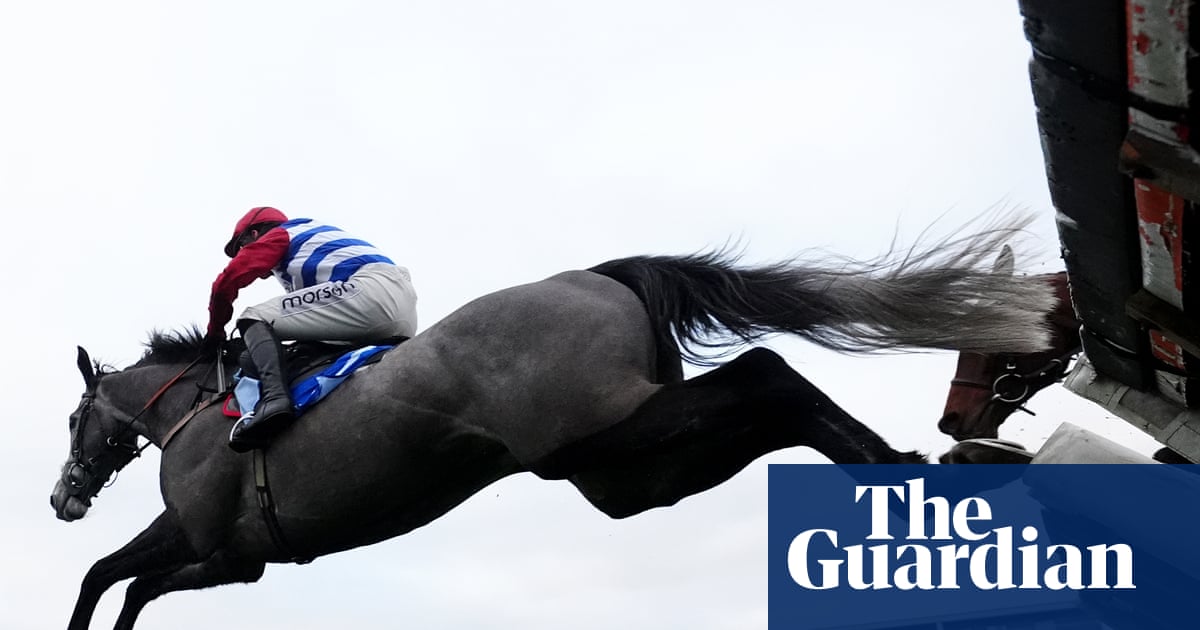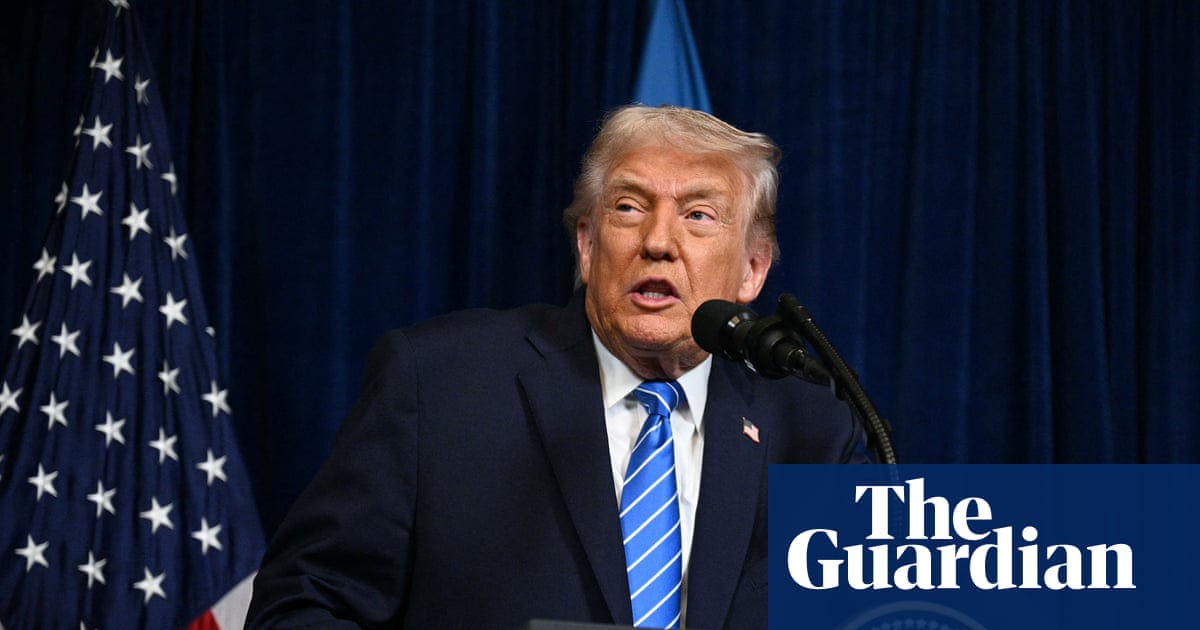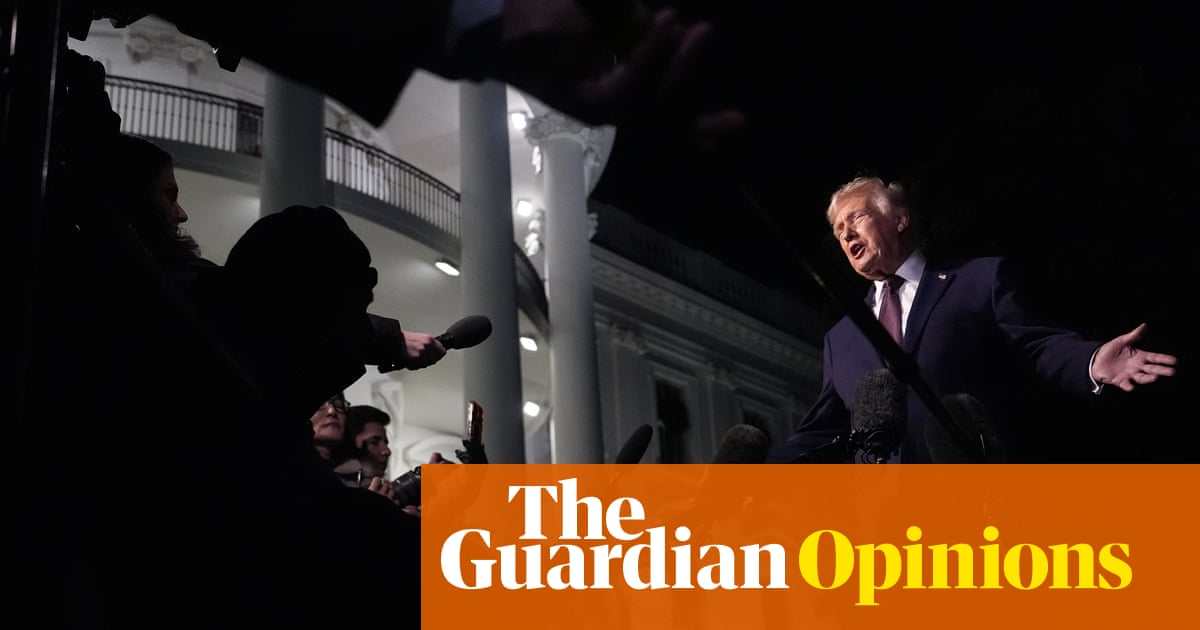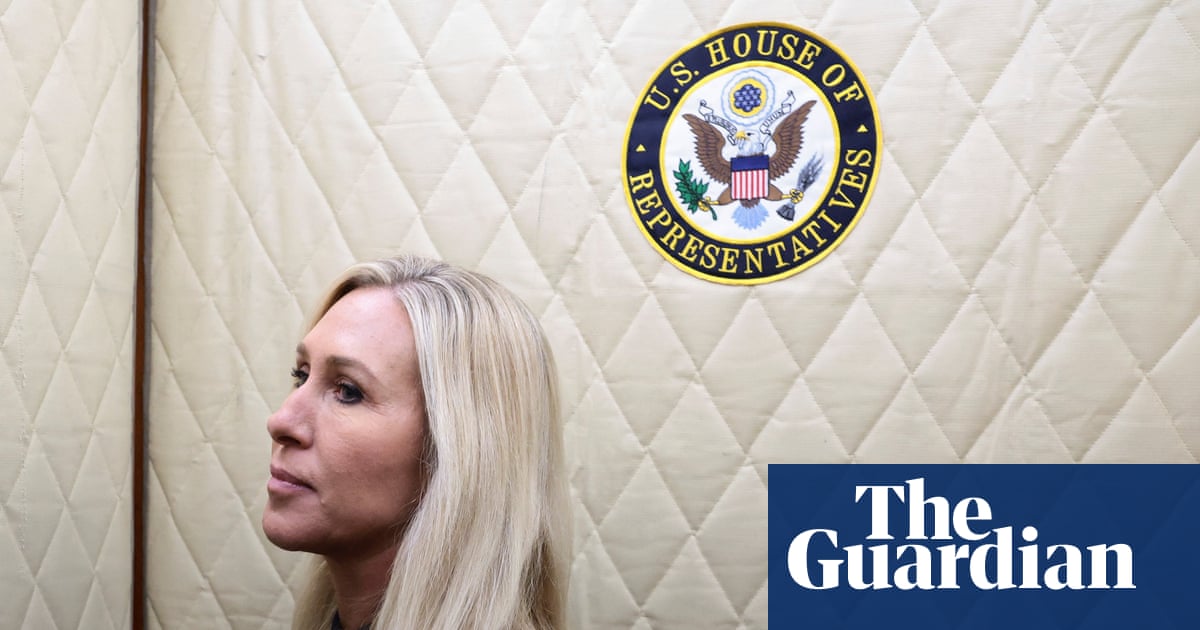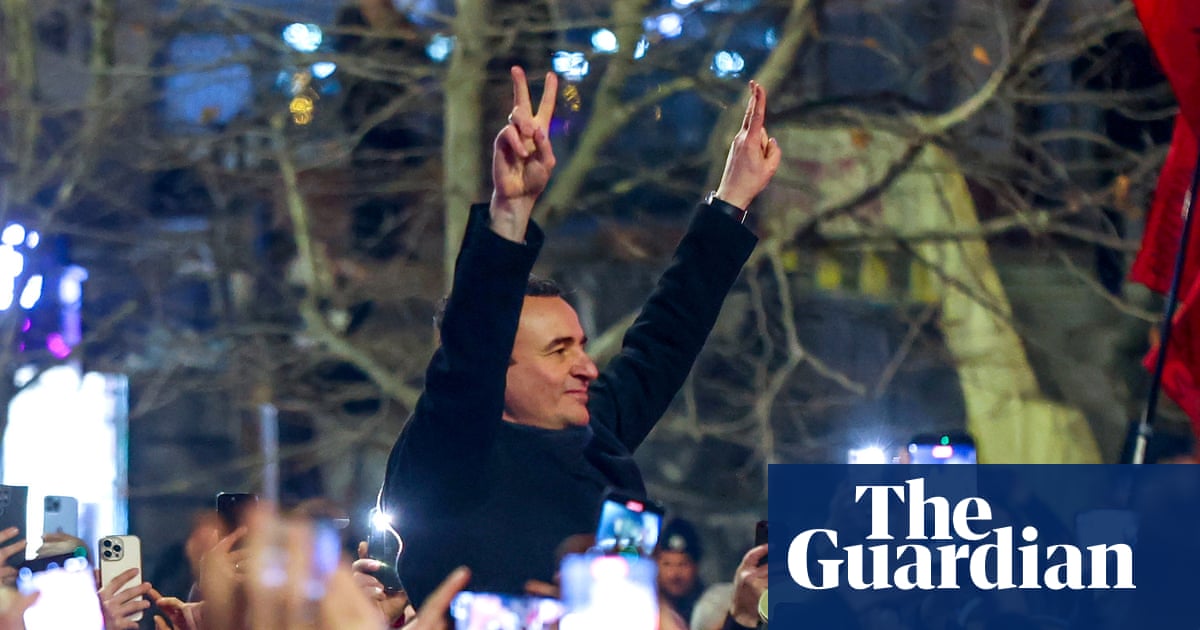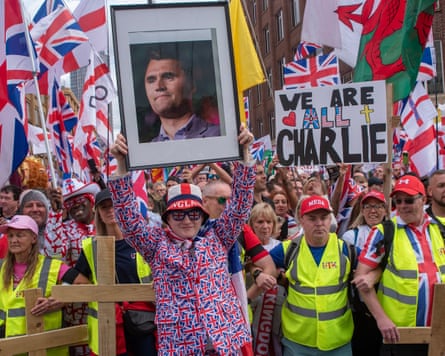
A young man in a suit made of union jacks held up a framed photograph of their hero above his head. The crowd loudly chanted the name.
The focus of this acclamation was not Stephen Yaxley-Lennon, better known as Tommy Robinson, the organiser of the so-called “free speech” march in central London last Saturday.
They were instead shouting themselves hoarse for Charlie Kirk, the murdered political activist from Cook County in the US state of Illinois.
It is unlikely that many of the 110,000 to 150,000 protesters estimated to have been on the streets last weekend, at what turned out to be the largest rally of its type in British history, knew much about Kirk before his death at the hands of a gunman at Utah Valley University.
The UK version of Kirk’s Turning Point USA, which claims to be the “largest Conservative student movement” in the US, has never really taken off in Britain.
But they were moved to cheer him on Saturday. Clips of an almost entirely white and predominantly male crowd of Britons chanting the first name of the murdered 31-year-old were lapped up on social media accounts said to be US-based, as was the minute’s silence afterwards.

“Thousands of British patriots just fell silent in honor of Charlie Kirk in London,” tweeted Eric Daugherty, an assistant news director at the conservative Florida’s Voice website (‘Honest political reporting to Florida, minus the mainstream talking points’.)
It is said that when America coughs, Britain catches a cold.
The reality in the world of this strain of politics is that there is something of a feedback loop between the US and the UK that is proving mutually beneficial to both sides, said Prof Paul Jackson, author of Pride in Prejudice: Understanding Britain’s Extreme Right.
Kirk may not have been a household name in the UK before the recent tragic events, but his murder offered validation for a view that a certain outlook on life is under threat. In turn, the scenes on Saturday provided evidence of the righteousness of the cause back in the US.
There is history to this mutually enforcing exchange of ideas on the extreme right, said Jackson.
A certain type of US political thought has never travelled well across the Atlantic, notably the Ku Klux Klan, which grew after the civil war in the late 1860s, said Jackson.
But other ideas have thrived in the past as they do today, including those contained in Madison Grant’s 1916 book The Passing of the Great Race, which influenced some European white supremacists, and Henry Ford’s The International Jew.

It has not all been one way. The Blood & Honour movement, founded by British neo-Nazi and white power music pioneer Ian Stuart Donaldson in 1987, led to the birth of Blood & Honour American Division and Blood & Honour Council US.
That was the analogue age, though.
In the digital era, particularly in the so-called “counter-jihad” space that now dominates what is loosely termed the far right, the mutual reinforcement of messages is done in real time. Stories of social conflict or moral panic in one country are used to boost a political claim in another.
Kirk himself was one of those who picked up on the case of Lucy Connolly, the 42-year-old English wife of a Conservative councillor who was sentenced to 31 months in prison for calling for hotels that were housing asylum seekers to be burned down during last summer’s riots. (She was released in August after serving less than half her sentence.)
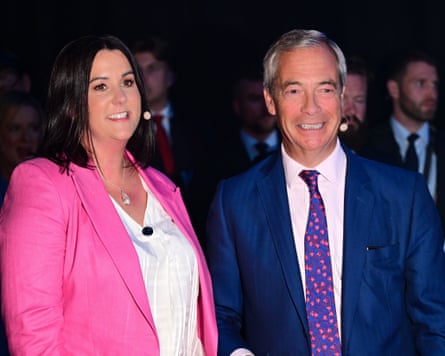
“Every day people say: ‘Well someone should go kill Charlie Kirk.’ I don’t like it, but that is protected speech,” he told GB News. “In America, we care what you do and not what you say.”
It was a piece with the general claim that free speech is under threat in the UK, confirmed in the mind of the likes of JD Vance by the UK’s Online Safety Act, aimed at preventing young people from encountering harmful content, which the US vice-president claims has put Britain on a “very dark path”.
The amplification of certain causes, the repetition of choice phrases, cannot be said to be highly organised, but it is nonetheless powerful.
The Infowars website, founded by the prominent conspiracy theorist Alex Jones, promoted Robinson’s content about the rally on Saturday, but also that of a series of obscure accounts on X, said to be based in both the UK and the US.
“Breaking: London falls silent for fallen hero Charlie Kirk,” said one such account with 335,700 followers that described itself as a defender of western values and culture. “The British media hated him. The British people certainly didn’t.”

Another promoted by Jones’s site was that of Naomi Seibt, a US-based German political influencer linked to the far-right Alternative for Germany (AfD) party, who is known for her climate change denial and promotion of “great replacement theory” tropes.
She tweeted images from the rally to her 436,700 followers that included the words: “White children will grow up as patriots from now on. White guilt is over.”
Brigitte Gabriel, founder of the anti-Muslim movement Act for America, which claims to have 1,000 local chapters across the US, posted on X: “Don’t let the media downplay how massive this is. Millions of patriots in the UK are standing up for free speech.”
Then there is Elon Musk, who appeared via videolink at Saturday’s rally. It would be difficult to overplay the importance to Robinson of the support of one of the world’s richest men, according to analysts including the Hope Not Hate anti-extremist organisation.

In lifting the ban on Robinson’s content on X and through his own misleading posts framing him as a free speech warrior persecuted by the state, Musk gave the activist a vital leg-up, it is argued.
Robinson, a former member of the racist British National party, who has a string of convictions to his name including for assault, using a fake passport, mortgage fraud and contempt of court, is said to have been able to build upon his profile in the US, stir up protests outside hotels accommodating asylum seekers while pushing anti-immigrant messages that circle around a supposed threat of Islamisation to the UK.
“When you hear people talk about the special relationship between America and Great Britain, this is the special relationship that you’re seeing here,” Robinson said at the rally.
“Whether you choose violence or not, violence is coming to you. You either fight back or you die,” Musk told the crowd, in turn.
Musk is not yet believed to have directly funded anyone in the UK, although he reportedly flirted with offering money to Reform, the rising political party on the right that is led by Nigel Farage. But such transatlantic relationships do exist, albeit they tend to remain below the radar. It’s a murky soup – but some of the chunkier players can be made out.
One is the US tech billionaire Robert Shillman, known as Dr Bob, who in 2018 financed a fellowship that helped pay for Robinson to be employed by the rightwing Canadian media website, Rebel Media, now called Rebel News, on a salary of about £5,000 a month.
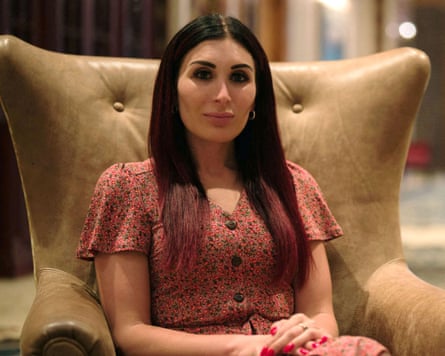
Other Shillman fellows have included Katie Hopkins, the English former reality TV star who compared migrants to cockroaches, and Laura Loomer, the American conspiracy theorist referred to by some as the president’s “de facto national security adviser”.
The rightwing Middle East Forum thinktank, led by the neoconservative academic Daniel Pipes, has paid for foreign speakers to attend Robinson rallies in the past, in addition to funding the activist’s legal defence.
There are laws against foreign donations in both the US and the UK but the far-right echo chamber is also clearly a useful tool for those seeking electoral success on both sides of the Atlantic.
Trump has had no qualms about bouncing off certain British causes, sometimes unadvisedly. He said he was prepared to apologise in 2018 when he retweeted posts from Britain First, an off-shoot of the BNP. But he is notably cautious about certain characters. Trump, who will be in the UK for a state visit this week, did not comment on social media about Saturday’s rally. He appears to prefer his outriders to do the work at times, including his son.
When the rightwing activist Kurt Schlichter claimed – falsely – on X that Robinson had been arrested for reporting on a court case in May 2018, Donald Trump Jr retweeted it, writing: “Reason #1776 for the original #brexit. Don’t let America follow in those footsteps.”
In the UK, Farage, who successfully fought for decades for the UK to leave the European Union and is today riding high in the polls with his anti-immigration populism, has sought to keep a sterile gap between himself and Robinson, who he fears is beyond the pale for much of the British public.
He steps carefully in the digital space, seeking support but without getting too close to the most strident actors, including those in the US. He is notably quite loath to associate himself too much to Trump these days when he is at home in the UK, given the US president’s poor approval ratings among the British public.
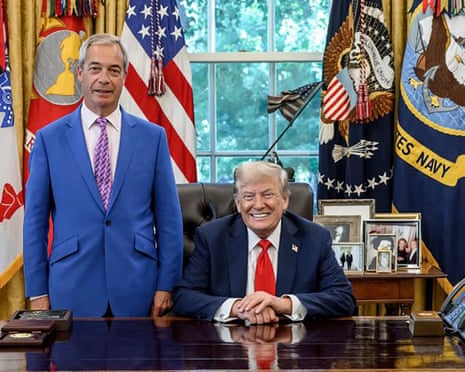
But his long-standing ties to the Make America Great Again movement remain financially advantageous. This week, Farage apologised for breaching parliamentary rules by failing to register a trip to Florida to headline a fundraising event for Trump. He had been the main speaker at the $500-a-head Republican party dinner in Tallahassee in March.
Farage hopes to benefit from the promotion of anti-immigrant themes in the digital world, including from US commentators, without putting off those with more mainstream outlooks, say insiders. It will be a difficult trick to get away with – as Musk’s criticism of Farage at the start of the year over his lack of support for Robinson, illustrated.
“British people are kind of looking for an international source of inspiration,” said Jackson. “[Then] some of the reason why somebody like Nigel Farage or Tommy Robinson might be of particular interest in the US is because they’ve had a lot of success in their own terms.
“Tommy Robinson’s social media profile of the last few years has been highly impactful, even more so since reversing his ban from Twitter. Nigel Farage’s impact on Britain shortly before Trump’s first presidency, can be seen as perhaps providing some blueprints about how to have impact”.
Gawain Towler, who was Farage’s long-standing press adviser until he left Reform earlier this year, said he believed the American interest in shaping British politics was also instinctive.
“Trump sees the UK as the spiritual home of the US,” he said. “He sees our traditional political and legal traditions as the spiritual background to America’s right. Musk certainly feels that way. He sees the UK as the spiritual homeland of the concepts of the American Declaration of ndependence and its bill of rights and all the rest of it. This is where freedom was born, right? It’s like losing a great-uncle if it falls.”

 3 months ago
50
3 months ago
50


